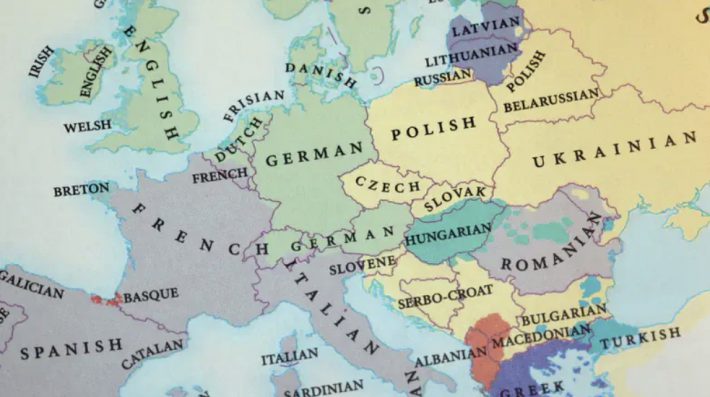Democracy and Its Dilemma: Islamist March in Berlin Raises Tough Questions.
A recent demonstration in Berlin has reignited concerns about how liberal democracies navigate the line between freedom of expression and protecting their foundational values.
Protesters marched through the streets of the German capital calling for the establishment of a caliphate, a religious-political system that stands in stark contrast to democratic principles. The demonstration, permitted by court order despite initial efforts by Berlin police to ban it, highlighted a profound paradox: groups openly advocating for the dismantling of democratic systems are doing so under the protections those systems guarantee.
Author and journalist Ahmed Mansour pointedly noted this contradiction, describing the event as a “terrible paradox of European democracy.” Demonstrators, reportedly separated by gender, carried signs and chanted slogans promoting a theocratic vision, prompting widespread unease among German citizens and officials.
Observers have drawn comparisons to past statements from Turkish President Recep Tayyip Erdoğan, who once remarked: “Democracy is like a tram: you ride it until you get to your destination, then you get off.” Such remarks underscore the fear that extremist groups may exploit democratic freedoms to advance undemocratic aims.
Critics of the event see it as a failure of both the judiciary and political leadership to confront ideological extremism. The protest was also mirrored in other cities like Hamburg, where similar slogans and symbols were displayed. Authorities noted that calls for a caliphate, while politically disturbing, do not currently violate German criminal law.
Some commentators argue that the demographic and cultural shifts driven by high immigration rates are reshaping parts of European society, with implications for integration and social cohesion. Others caution against overgeneralizations that risk stigmatizing entire communities.
Concerns have also been raised about the rise of so-called “parallel societies,” where local norms clash with national values—such as reports of schools adjusting dress codes, or teachers facing threats for criticizing religious practices. These instances, while not reflective of the entire Muslim population, have sparked debates about where multiculturalism ends and societal fragmentation begins.
Commentator Alexander Kissler put it bluntly: “A country that tolerates repeated calls for an Islamic caliphate is not tolerant, but decadent.” Whether one agrees or not, the conversation touches on vital questions: How far should tolerance extend? Can liberal democracies defend their core principles without compromising their openness?
The situation in Berlin is more than a momentary headline—it is a test of how modern democracies respond when their own ideals are used to challenge their very foundations.





